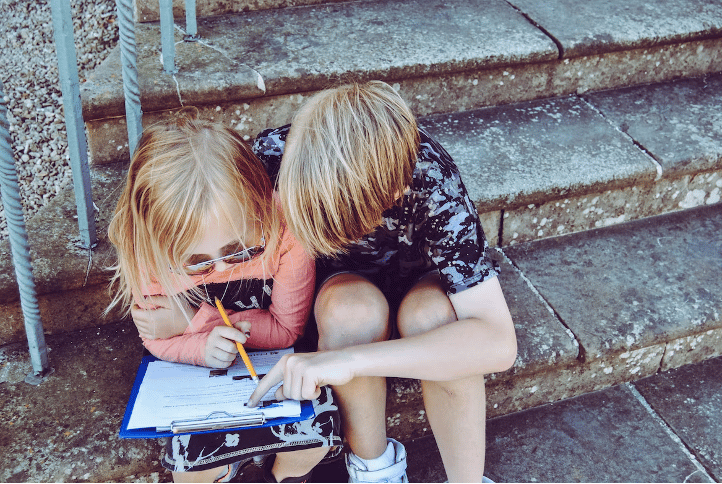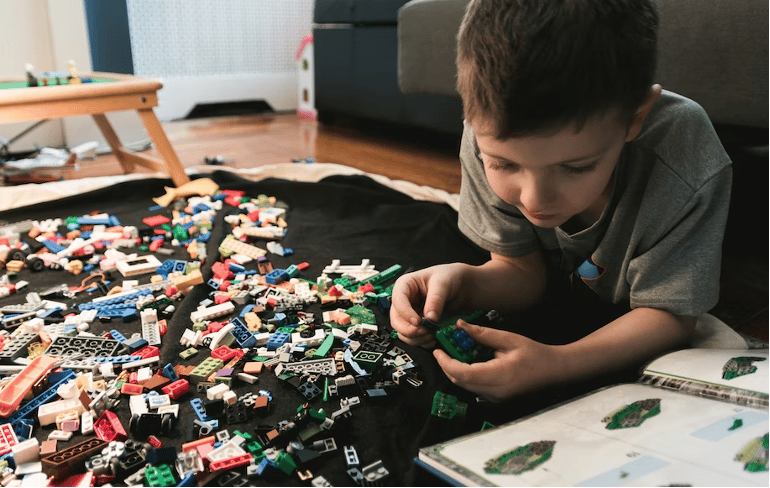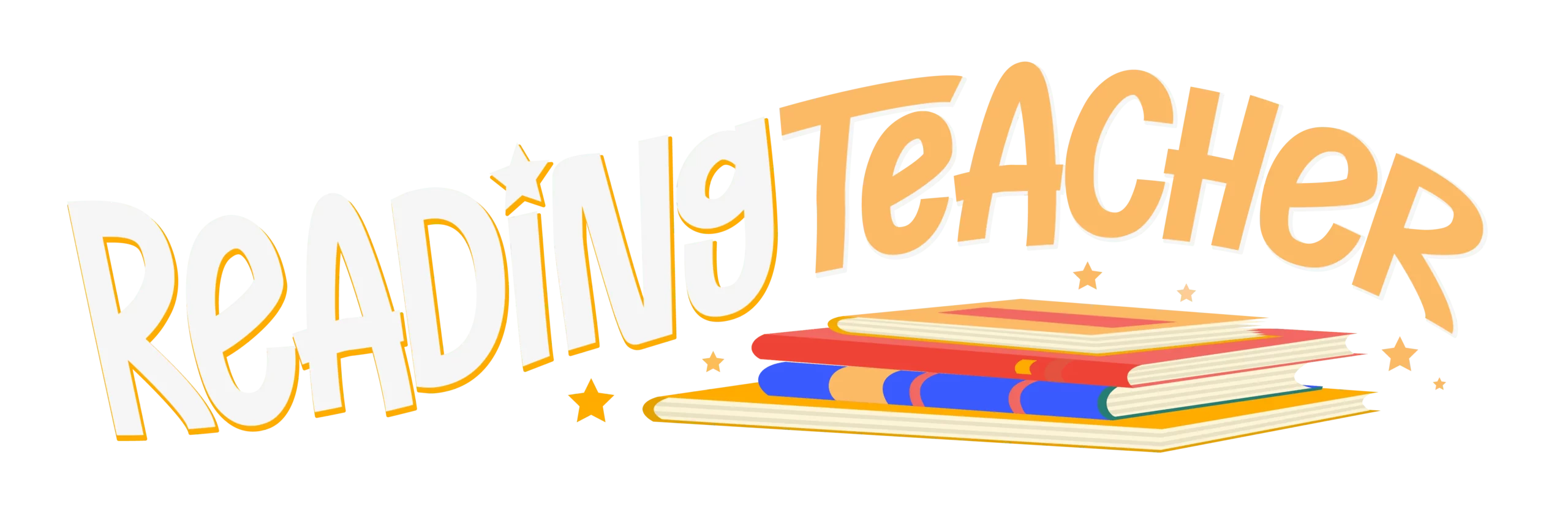How to Develop Phonics Skills
At Reading Teacher, we love phonics: it’s the foundation of reading success. Of course, a student who’s just learning how to read may feel slightly less optimistic about phonics education.
Looking for ways to make phonics lessons more exciting, enriching, and fun? With these research-backed reading strategies, it’s easy to help kids develop their phonics skills and their love for reading.
What are basic phonics skills?
The most basic phonics skills are phonemic awareness, decoding, and the ability to recognize, segment, and blend different letter groups - otherwise known as word manipulation.
Students typically develop these skills during kindergarten and first grade, although different readers learn and progress at varying rates.

How can I improve my child’s phonics skills?
To improve a child’s phonics skills, educators should keep these key teaching strategies in mind:
Systematic and explicit instruction
Unlike learning how to walk or hold a spoon, learning phonics is not a “natural” phase of human development. Word sounds and spelling must be taught directly and systematically: we can’t expect students to “pick up” phonics skills from reading whole words or making inferences from pictures. To learn phonics, students need exposure to:
- All major letter-sound relationships - sing that alphabet song!
- Letter shapes and names
- Books, of course - but read them out loud so students can hear the letter sounds!
Phonics games
During classtime, explicit phonics instruction is crucial. After class, however, there are tons of activities to reinforce students’ phonics skills. Here are some of our favorites:

1. “I Spy”
Identify a secret object in the room and use phonics clues to help the child guess the object. Does it start with /ph/? Does it rhyme with “cat”? Get creative - and try to use some of the phonics letter patterns that your child is learning at school.
2. Blend & Digraph Bingo
If you’re an adult struggling to understand the difference between a blend and a digraph, you’re not alone! This is a tough phonics skill for students to learn - and for adults to remember.
Fortunately, this free (and printable!) bingo game makes it easy for everyone involved. Using any of the 27 boards, students match the sounds of beginning blends and digraphs with the right picture. Feel free to use these as inspiration for your own phonics bingo games, based on the needs and skills of your student(s).
3. Slap the Sound
Searching for a hands-on activity to build phonics skills? Find a flyswatter. Using letter tiles and a fly swatter, kinesthetic learners can sound out letters one at a time and swat the letters as they go.

Phonics flashcards
Flashcards are a simple yet versatile way to sharpen the phonics skills. As a supplement to classroom lessons and phonics games, they’re an easy way to review learning objectives at the beginning or end of the day.
While flipping through flashcards can be a bore, it definitely doesn’t have to be! Here are some easy ways to gamify flashcards for phonics AND fun:
1. Phonics Treasure Hunt
Play hide-and-seek with your flashcards. Hide cards around the house or classroom and send readers on a quest to find them. When a card is found, the player reads the card and writes it down on a treasure map.
2. Silly Stories
Randomly hand out flashcards to a group of readers. Have one start with a silly sentence using the word on their flashcard. The next student has to build on that sentence with their own silly phrase, and so on. At the end, you’ll have one big, silly story with a sentence from every reader!
3. Find an Object
Lay a phonics card face-up and ask a child to find an object in the room that begins with that sound.
Developing phonics skills takes time, patience, and a desire to have fun! With the right phonics games and flashcard activities, students will enhance their skills AND their confidence - without even realizing how hard they’re working.

Take-Aways:
- Basic phonics skills include phonemic awareness, decoding, and word manipulation.
- Young readers also need a strong understanding of letter shapes and names before moving onto more complex phonics patterns.
- To improve a child’s phonics skills, parents and educators can use a variety of strategies:
- Hands-on and classroom-based phonics games
- Phonics flashcards, which can be used in a variety of contexts
Start Teaching Reading for Free Now!
Access Level 1’s four interactive stories and the accompanying supplemental resources to teach elementary students how to read. No credit card is needed. Join the 42,635 teachers and students using our reading program.
